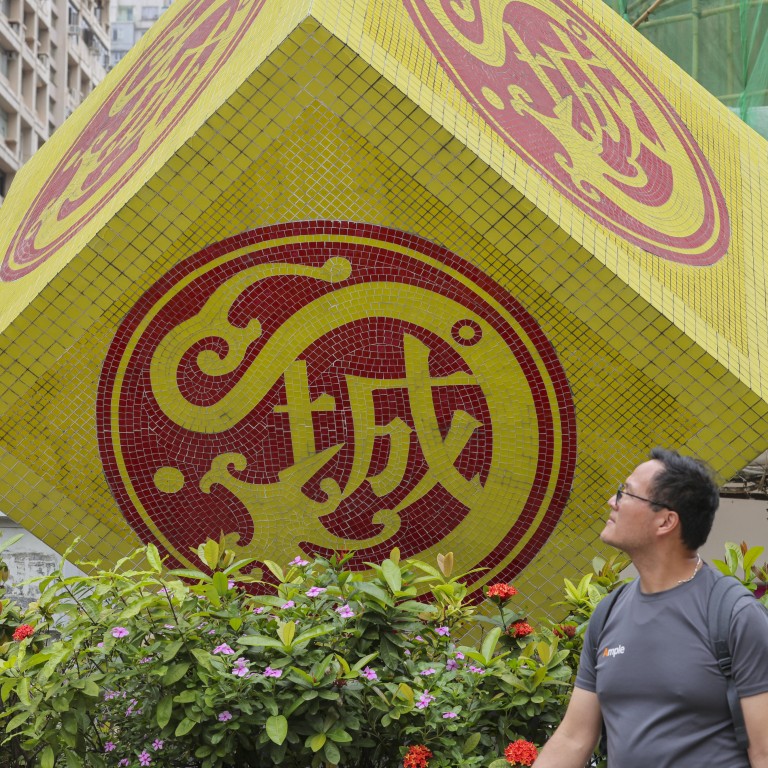
Choosing Hong Kong district councillors only by popular vote can overlook ‘professional’ candidates hesitant to run, minister says
- Constitutional affairs chief Erick Tsang defends decision to slash number of directly elected district council seats from nearly 95 per cent to 19 per cent under overhaul
- ‘There are many professionals or patriotic people who aspire to serve society out there who may not opt to run in elections’, he argues
The popular vote is not necessarily the best way to select Hong Kong’s public representatives, the city’s constitutional affairs chief has said, arguing such a system overlooked “professional” and “patriotic” candidates reluctant to run for election.
The proposal, announced on Tuesday, slashes the number of directly elected seats on the municipal-level bodies from nearly 95 per cent to 19 per cent, with the rest to either be appointed by the city leader or picked by the 2,490 members of three committees appointed by the government.

Speaking on a radio programme, Tsang said authorities hoped the new emphasis on appointing district councillors would encourage more people to take part in the bodies.
“Many people have said the proposal is a big step backwards for democracy or returning to ground zero, but we have already stressed that it is a move made in light of the changing circumstances, with a goal of boosting governance,” he said.
“Actually direct election also has its limitations as the system can only return those who run in elections. There are many professionals or patriotic people who aspire to serve society out there who may not opt to run in elections.”
Under an electoral system, such people could be overlooked despite having the potential to be “very helpful to the community”, the minister argued.
Hong Kong not legally required to set up district councils, justice minister says
Asked whether the changes would negatively affect voter turnout for district council elections, Tsang said the number of people who turned out depended on a variety of factors, including candidates’ campaign platforms, the social atmosphere and even the weather.
He also vowed that the government would do its part to encourage voters to show up for the polls.
Veteran lawmaker Regina Ip Lau Suk-yee, who also serves as convenor of the government’s key decision-making Executive Council, said the public should not expect a high turnout under the new system.
“Legitimacy is about the performance of district council members and the overall performance of the council under the new system,” she said.
Revamp of district councils has to put Hong Kong back on track
Ip, who chairs the New People’s Party, urged other political parties to participate in the coming election since their absence in district affairs could affect the development of the bodies.
The city’s largest opposition party, Democratic Party, earlier said it would discuss its possible participation in the next district council election, which is expected to be held before the end of the year.

Deputy Secretary for Justice Horace Cheung Kwok-kwan on Saturday said the government hoped the proposal could be passed before the legislature went into summer recess in mid-July.
However, some political scientists said the composition of the new district councils was more conservative than in 1982 when they were introduced and could create an echo chamber.
How will Hong Kong’s district council overhaul change neighbourhood political life?
Several ministers were out in force on Saturday to defend the plan, with Secretary for Home and Youth Affairs Alice Mak Mei-kuen brushing aside suggestions that residents would find it more difficult to raise neighbourhood concerns after the number of constituencies was slashed from 452 to 44, with each only returning two directly elected representatives.
The minister pointed out that the number of total district councillors would not decrease and said representatives would work alongside other stakeholders to serve the public.
A day earlier, Hong Kong’s pro-establishment bloc launched a publicity drive promoting the overhaul and welcomed various officials visiting their street booths.

